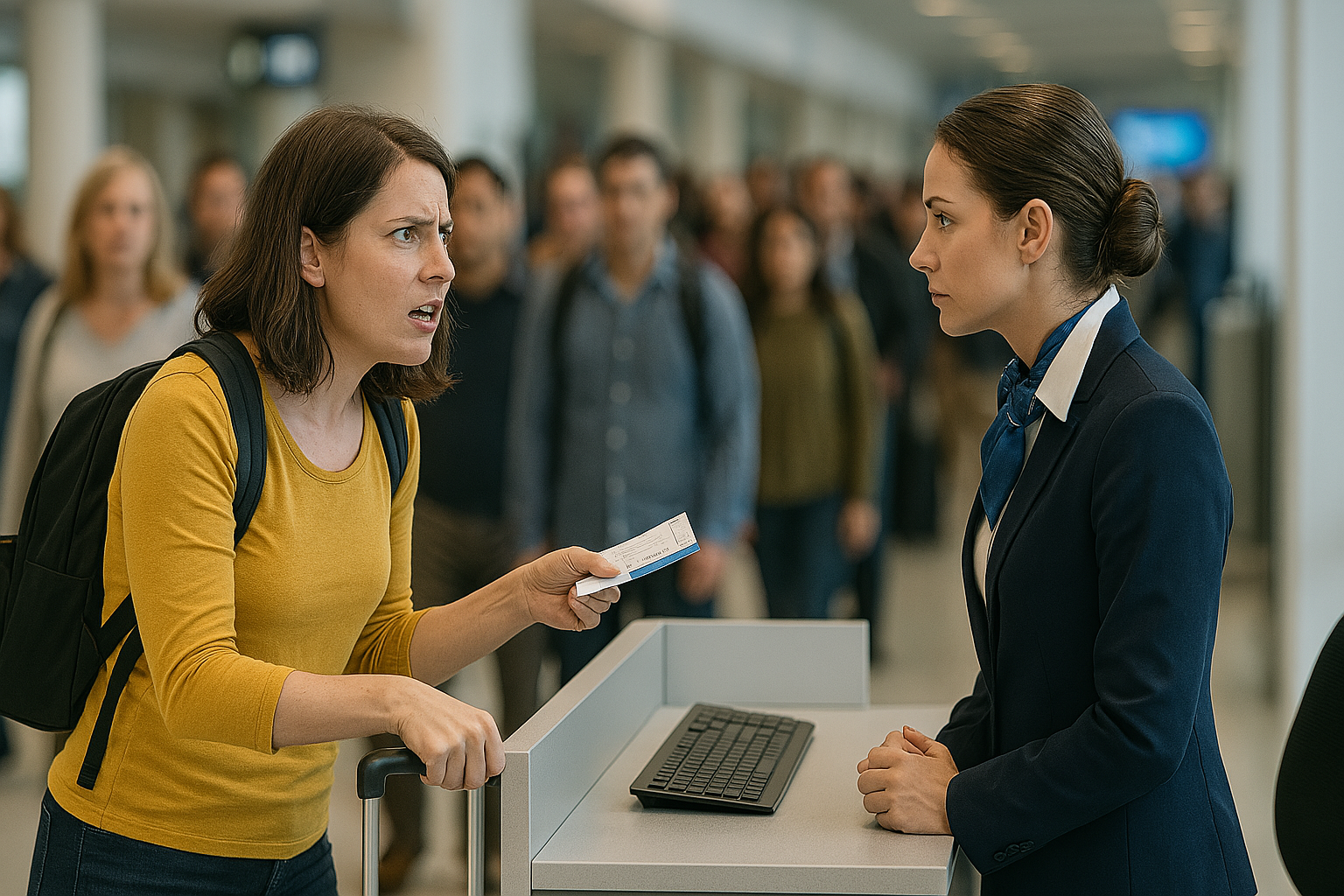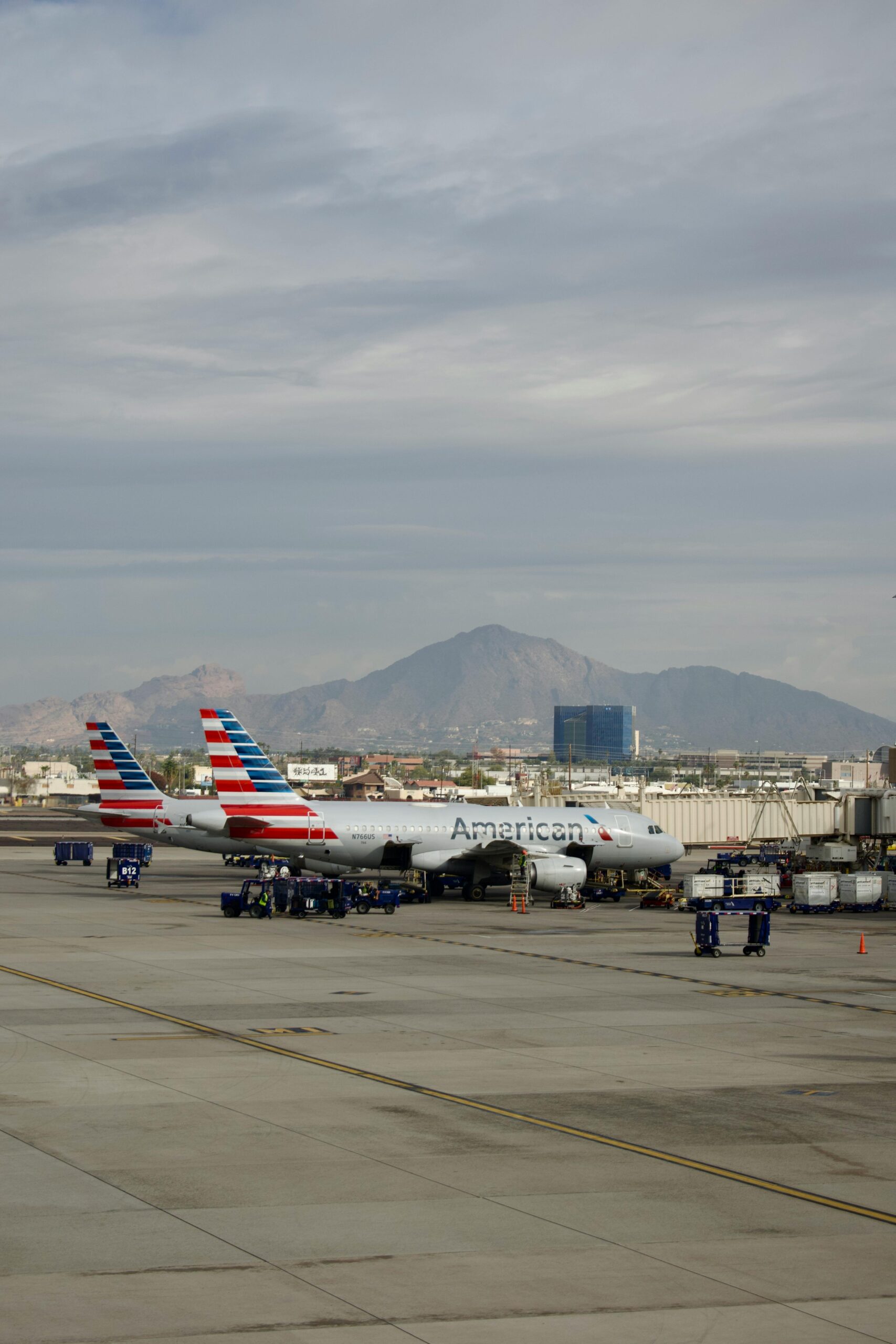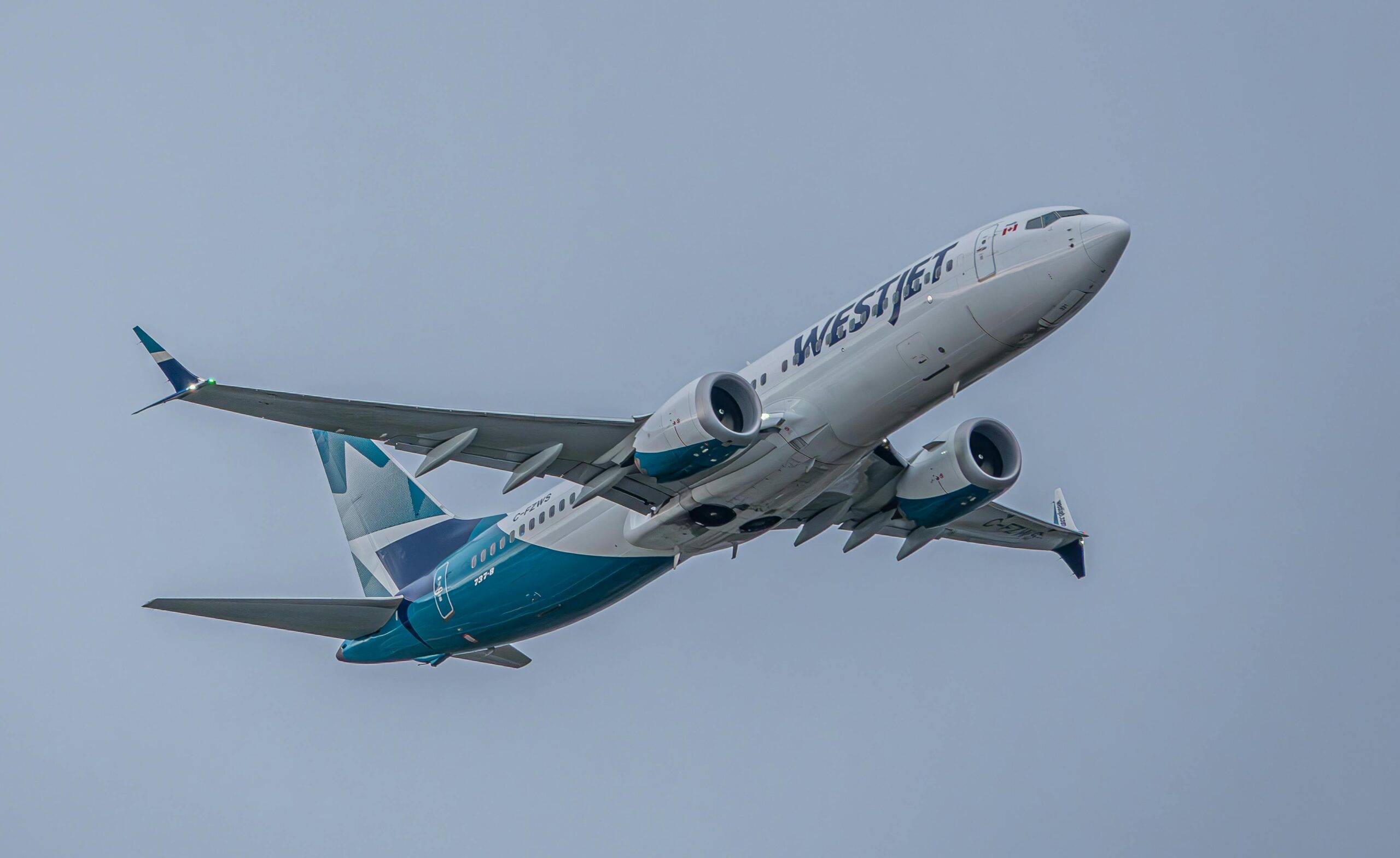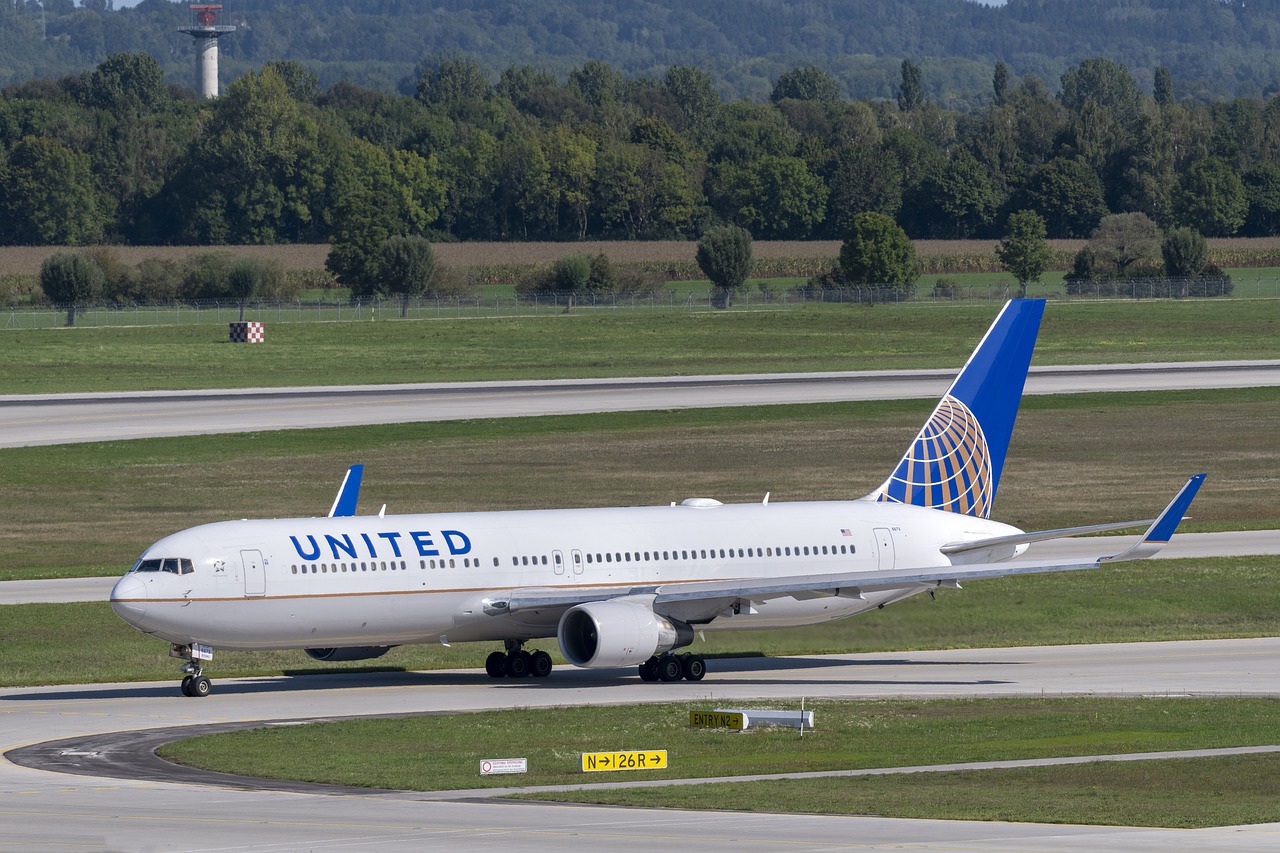Imagine showing up at the airport, bags packed and boarding pass in hand, only to be told: “Sorry, you can’t board.” You did everything right — so how is this even possible? The reason is buried deep in fine print and rarely explained during booking. What airlines don’t tell you about overbooking policies is enough to derail your vacation or business trip, and most travelers have no idea it’s coming until it hits. But here’s the good news — you can outsmart the system when you know the rules. Let’s break it down so you’re never caught off guard again.
Why Airlines Overbook and Why You Should Care
At its core, overbooking is a gamble — one airlines take every single day. They know not every passenger shows up: some miss flights, some rebook, and some cancel. To avoid flying with empty seats, airlines deliberately sell more tickets than there are seats. It’s all about squeezing every bit of revenue from a flight. For the airline, it’s smart business. For the traveler, it’s a ticking time bomb.
Here’s where it gets tricky. Even if you have a valid ticket and arrive on time, you could be bumped from your flight. And while the airline will try to find volunteers first — often offering vouchers or perks — if no one bites, they can randomly remove passengers. What airlines don’t tell you about overbooking policies is that loyalty status, check-in time, and ticket class often decide who stays and who goes. So yes, the early bird really does catch the plane.

Know Your Rights and Read the Fine Print
Most passengers assume their ticket guarantees a seat. It doesn’t. Tucked inside airline terms and conditions (yes, those tiny checkboxes you skip over) are clauses allowing the airline to deny you boarding. This is legal under U.S. DOT Fly Rights and European Union EU Air Passenger Rights rules. What airlines don’t tell you about overbooking policies is that by clicking “agree,” you accept this risk, often without realizing it.
If you’re bumped, airlines must first seek volunteers. You can negotiate — and you should. Cash, travel vouchers, hotel stays, and upgrades are all on the table. But here’s the key: if you volunteer, you usually give up your right to legal compensation. If you’re involuntarily bumped, that’s when legal payouts kick in — sometimes up to $1,550 in the U.S. or €600 in the EU. Always ask whether the offer is voluntary or regulated compensation.
Protect Yourself Before You Fly
No one wants to be left behind at the gate, especially when you have a wedding, vacation, or important meeting waiting. To reduce your chances of being bumped, follow these smart moves:
- Check in early (online or at the airport).
- Fly nonstop when possible to limit exposure to multiple legs.
- Join airline loyalty programs, even if you fly infrequently.
- Book with credit cards that offer trip delay and trip cancellation insurance (like those featured on NerdWallet’s travel credit card list).
- Ask gate agents if the flight is overbooked — sometimes they’ll give you an early heads-up.
Knowing what airlines don’t tell you about overbooking policies makes you a more confident, prepared traveler — and less likely to get blindsided when things go wrong.
Negotiating a Bump: How to Turn It Into a Win
If you do end up facing an overbooked flight, remember this: you have more power than you think. Airlines often start by offering minimal compensation, but you can (and should) negotiate. Here’s what you can request:
- Cash instead of vouchers (some vouchers have blackout dates or expire quickly).
- Meal or hotel vouchers if you’re delayed overnight.
- First-class upgrades on your replacement flight.
- Flexibility in choosing your new flight time or airline.
- Travel credits with long expiration dates.
Stay calm, polite, and persistent. Travelers who negotiate often walk away with far better deals than the first offer on the table. And don’t forget to get everything in writing before you accept. You can also learn more about complaint options at the AirHelp passenger advocacy site.

Is Overbooking Fair or Foul?
Here’s the big question: should airlines even be allowed to overbook? Supporters argue it keeps ticket prices down by reducing wasted seats, while critics call it an unfair practice that punishes paying customers. Imagine a hotel selling two families the same room or a concert venue doubling up on seat sales — you’d never accept that, right? The debate over overbooking has even reached lawmakers, with proposals for stricter regulations or outright bans. You can track current legislative efforts at the U.S. Congress site for aviation consumer protection bills.
At the end of the day, the most important thing is being informed. What airlines don’t tell you about overbooking policies can lead to frustration and financial loss — but when you know your rights, you reclaim your power. Check in early, know what compensation you’re entitled to, and don’t be afraid to negotiate or stand firm at the gate. Air travel shouldn’t feel like a lottery, and when you’re prepared, you can avoid the worst surprises.
Have you been bumped from a flight or volunteered for a travel voucher? Share your story in the comments — we’d love to hear how you handled it! And for more tips on smart travel, consumer rights, and insider insights, follow WentWorld on social media. Let’s fly smarter together!
Catch up on the top stories and travel deals by subscribing to our newsletter!












Leave a Reply